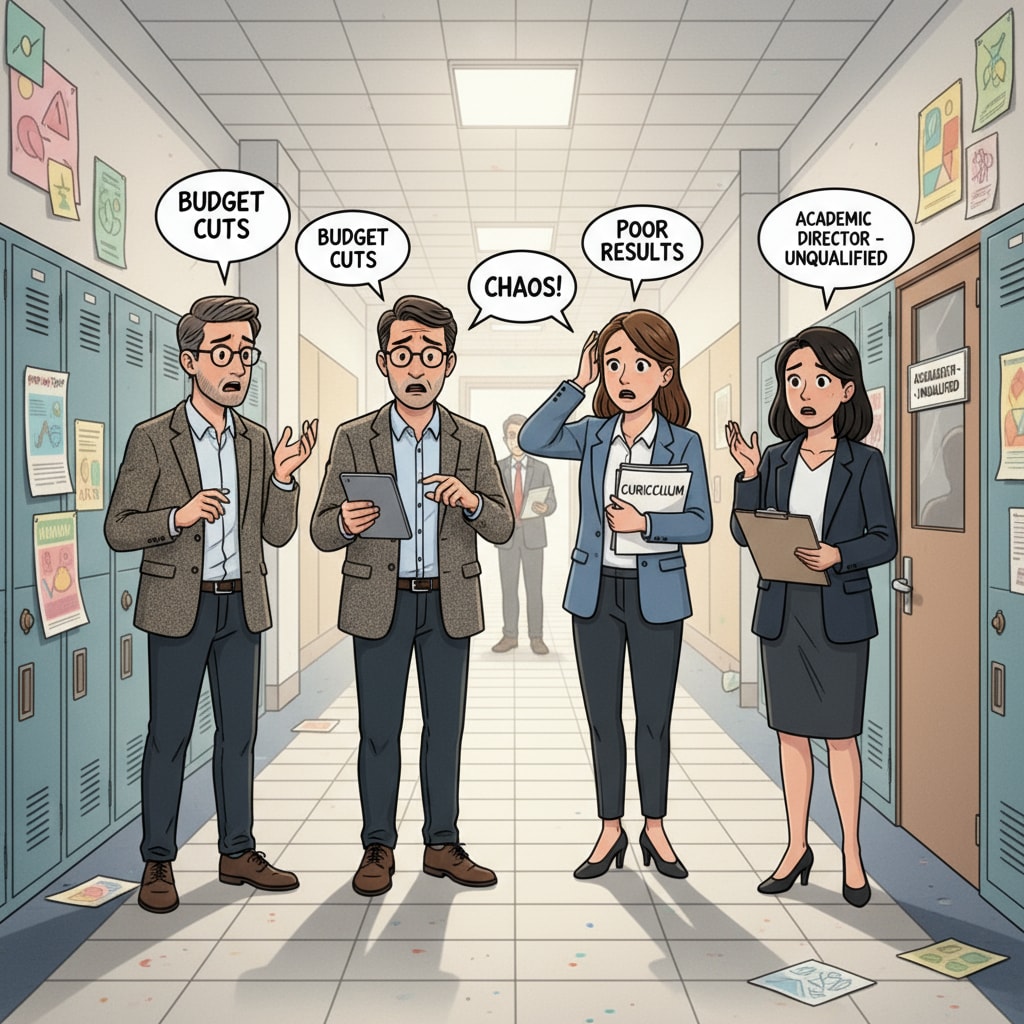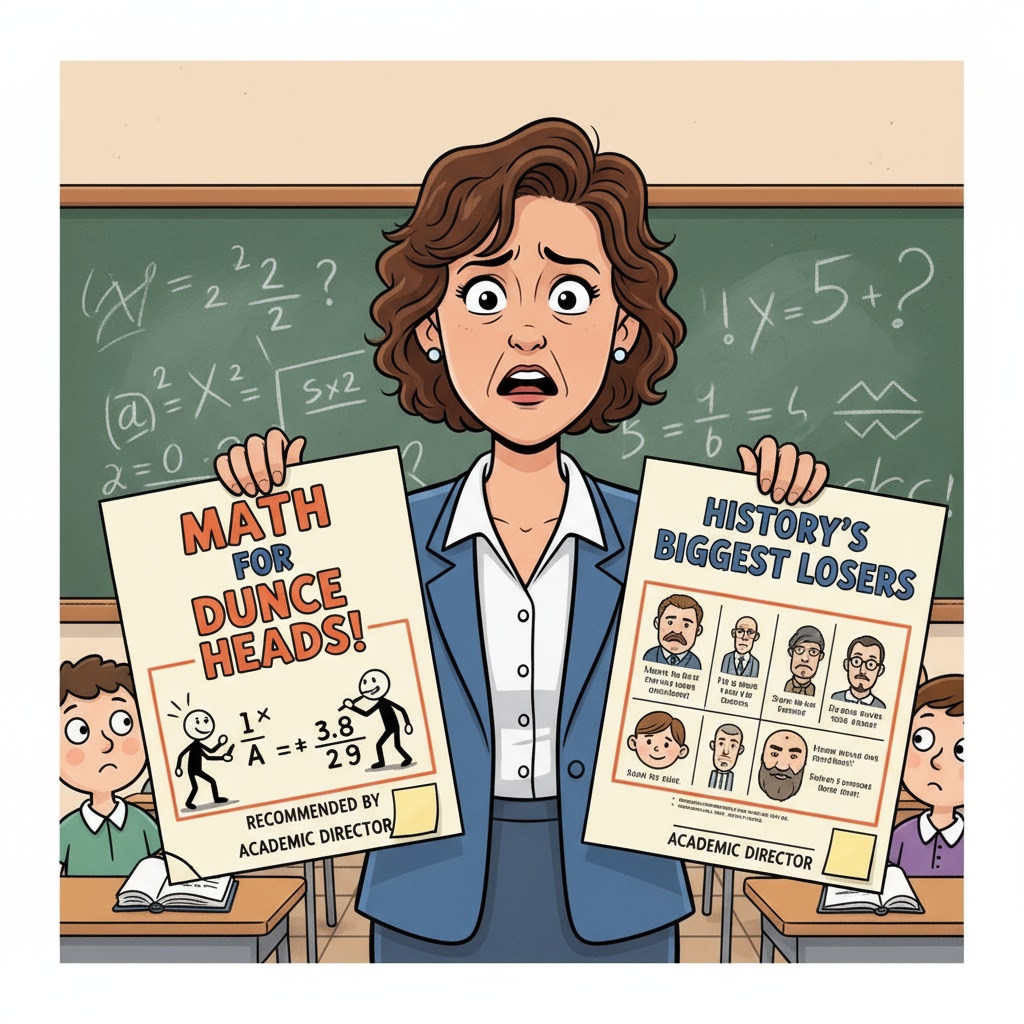In the realm of K12 education, the issue of academic directors with professional deficiencies causing educational misguidance has become a matter of great concern. These unqualified academic directors are not only failing to lead educational institutions in the right direction but are also creating significant distress among frontline teachers.

The Consequences of Professional Deficiency
One of the most significant problems is the lack of in-depth professional knowledge among some academic directors. In K12 education, a solid understanding of various subjects, teaching methodologies, and educational psychology is crucial. However, unqualified directors often lack these fundamentals. For example, they might not be able to accurately assess the effectiveness of different teaching materials, leading teachers to use resources that may not be suitable for students. According to The National Education Association, educators with a firm grasp of subject matter are more likely to design engaging and effective lessons. Without this expertise, academic directors are setting teachers up for failure.

Educational Misguidance in Practice
These unqualified individuals also tend to provide incorrect teaching guidance. They might enforce teaching strategies that have not been proven effective or are not in line with the latest educational research. For instance, they could push for rote memorization instead of encouraging critical thinking and problem-solving skills. This goes against the modern educational理念 of fostering well-rounded students. As stated by Edutopia, an educational platform dedicated to sharing best practices, promoting creativity and critical thinking is essential for students’ success in the 21st century. Such misguidance not only hinders students’ learning but also demotivates teachers who are eager to implement more innovative and beneficial teaching methods.
Furthermore, safety awareness is often lacking among these unqualified academic directors. In a school environment, safety is of utmost importance. However, some directors may overlook safety protocols in the curriculum planning or daily operations. This could put students and teachers at risk. Teachers, who are on the frontline, are left worried about the well-being of their students and their own safety.
In conclusion, the presence of unqualified academic directors in K12 schools is a serious issue that demands immediate attention. We need to establish a more rigorous selection mechanism for educational administrators to ensure that those in leadership positions are well-equipped with the necessary professional skills and knowledge to guide schools in the right direction. Only then can we safeguard the quality of education and the well-being of teachers and students.
Readability guidance: The text uses short paragraphs to present ideas clearly. Lists could be used to further summarize key points. The proportion of passive voice and long sentences is controlled, and transition words like ‘however’, ‘for example’, and ‘furthermore’ are used to enhance the flow of the text.


